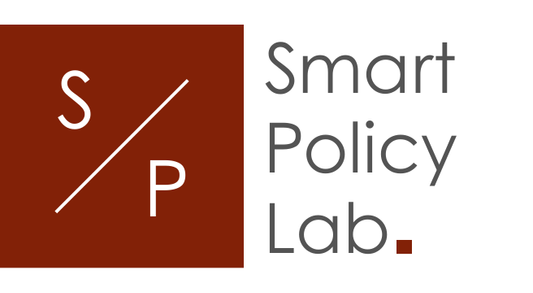When discussing public policies, we often talk about definitions, typology and tools. However, we need to take a step back and ask: What is the fundamental purpose of a public policy in the first place? What are the cases in which governments need to intervene in an economy?
While some believe that the role of the government should be restricted to fixing market failures, historical evidence shows that governments had a central role in driving innovation, building new markets and providing key services. Here I list down 5 fundamental roles that a government play in an economy:
- Establishing Legal and Regulatory Framework: The government here does not address a specific problem or seek to achieve a certain objective. Rather, it provides the legal and regulatory foundation that governs the behaviors and interaction of market participants.
- Fixing Market Failures: This is when a market does not deliver goods and services efficiently to consumers. Few cases of market failure are:
- Monopolies
- Negative externalities: When there are negative outcomes from production or consumption with social costs that are unaccounted for. For example, some manufacturing activities result in pollution where the government either try to limit or transfers that social cost to the polluting firm through tools like taxation.
- Imperfect Information: In case of limited knowledge about the quality and features of different products and service that inhibits consumers from making informed decisions.
- Provision of Key Services: Some services need to be delivered directly by the government instead of (or in parallel with) the market economy (private sector). Here are a couple of example:
- Public goods: These are goods where a certain person cannot be excluded from using them (non-excludable) and where multiple people can utilize them at the same time (non-rivalrous). Examples are public roads and national defense.
- Vital Services: These are services that are critical to society where the government needs to ensure their delivery and quality like health and education services.
- Creating or Shaping New Markets: When the whole of parts of the market either do not exist or underdeveloped, and where the private sector is reluctant to invest. Here, the government steps in through industrial policies, investments and state enterprises to develop the entire supply chain of that market. This is clear in Saudi Arabia’s effort in creating and developing the tourism and entertainment sectors.
- Driving research and innovation: Throughout history, there is a track record of cutting-edge research around the world that is either funded or managed by governments which resulted in many important innovations and revolutionary products. This is especially important when talking about basic research where commercialization prospects are too low for private investors.
Originally published on Linkedin on 3/2/2023


